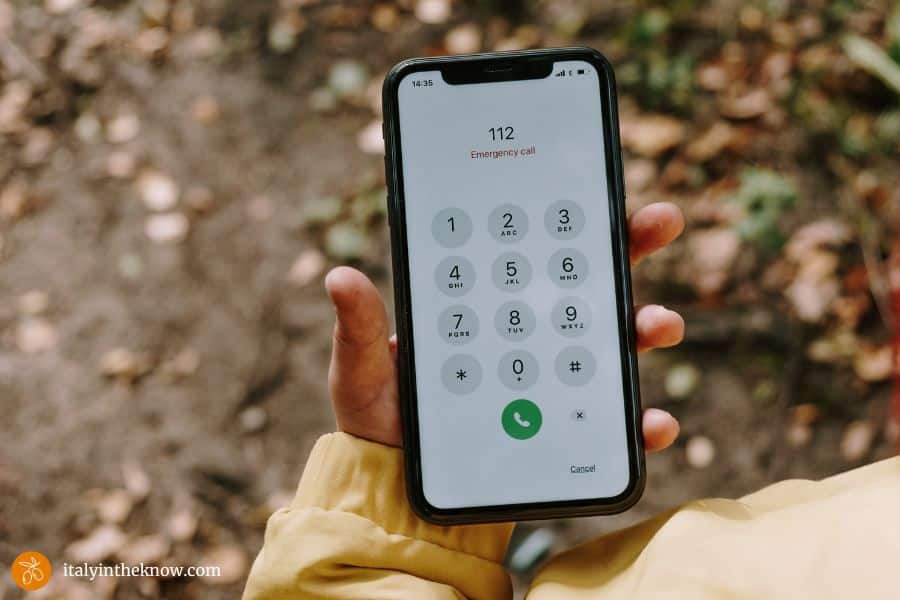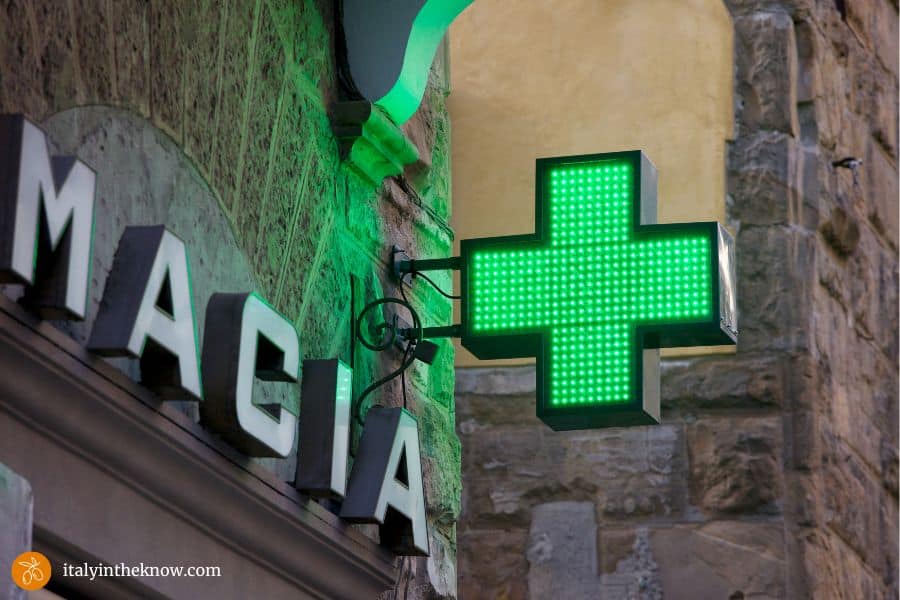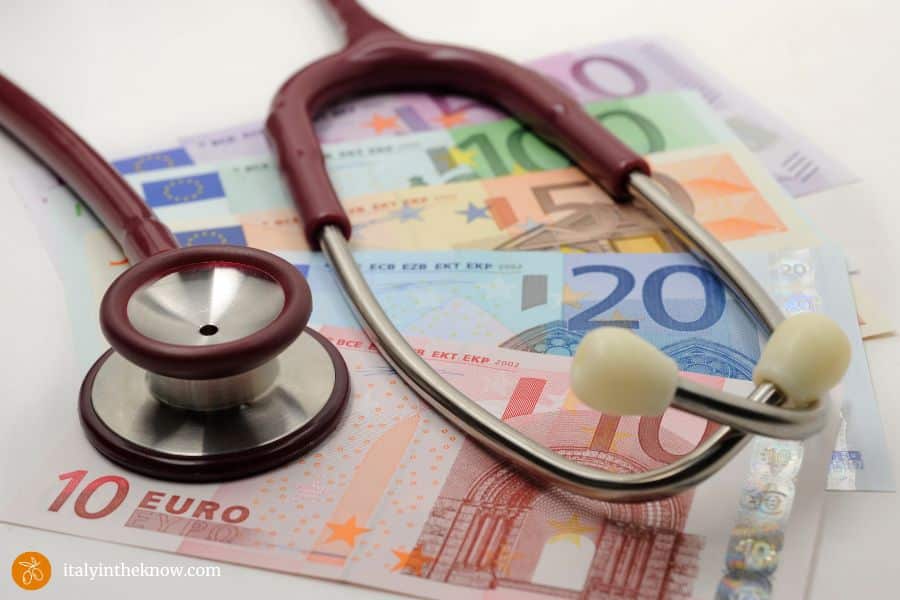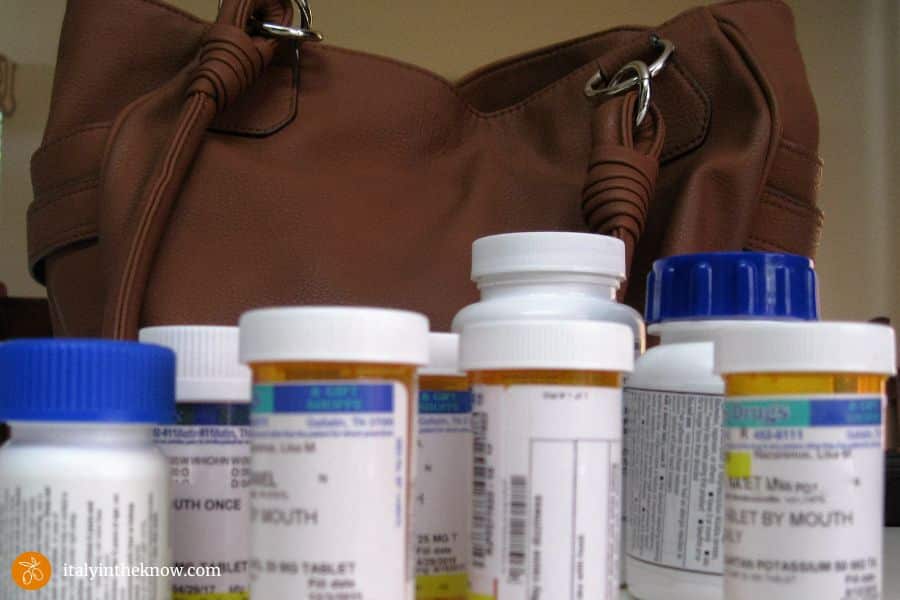Medical Care in Italy – How to Get Help for Illness and Emergencies

Traveling to Italy is an exciting adventure, but what happens if you get sick or need medical attention while you’re there? Understanding how to access medical care can make all the difference in feeling confident and prepared for your trip.
The good news? Italy has an excellent healthcare system, and with a little know-how, you can navigate it with ease. Whether it’s a minor illness, an unexpected injury, or an emergency, this guide will help you feel empowered to handle any medical situation that arises.
Emergency Medical Care in Italy

If you ever find yourself in a medical emergency while in Italy, knowing what to do can save valuable time.
Calling for Emergency Help
The universal emergency number in Italy is 112. This number connects you to emergency services and will direct your call to the appropriate response team, whether it’s medical, police, or fire services. If you specifically need medical assistance, you can also call 118 for an ambulance.
When calling, be prepared to provide:
- Your location (including landmarks or nearby streets)
- The nature of the emergency
- Your phone number in case they need to call back
Ambulance services in Italy are usually free in life-threatening situations, but for non-emergency transport, there may be a small fee.
Hospital Emergency Rooms (Pronto Soccorso)
If you need immediate care but don’t require an ambulance, head to the nearest Pronto Soccorso (emergency room). Italy’s hospitals operate on a priority system known as triage, meaning the most critical cases are treated first. You may experience a wait if your condition is not severe.
Important Tip
If you go to the hospital for an emergency, be sure to bring your ID (passport or EU health card) and any insurance documentation.
Getting Medical Help for Non-Emergencies

Not all medical situations require a trip to the emergency room. If you have a minor illness or injury, there are several options available to you.
Pharmacies: Your First Stop for Minor Issues
In Italy, farmacie (pharmacies) are the best place to go for common ailments like colds, fevers, stomach issues, or mild allergic reactions. Pharmacists in Italy are highly trained and can provide over-the-counter medications, advice, and even basic treatments.
- Look for a green cross sign, which indicates a pharmacy.
- Most pharmacies are open Monday to Saturday, typically from 9 AM – 1 PM and 4 PM – 7 PM.
- There is always a farmacia di turno (duty pharmacy) open outside of regular hours. You can find out which one is open by checking a posted schedule at any pharmacy.
Doctors and Clinics (Guardia Medica)
If you need to see a doctor but it’s not an emergency, you have options:
- Guardia Medica (Out-of-Hours Doctor Service) – This service is available for urgent but non-emergency issues outside of regular doctor hours. You can call 116 117 to find a local guardia medica.
- Private Clinics – Many private medical clinics cater to tourists and offer English-speaking doctors. You can often book an appointment online or by phone.
- Public Health Centers (ASL – Azienda Sanitaria Locale) – These are local health service offices where you may be able to see a general practitioner (GP) if needed.
Finding English-Speaking Doctors
The U.S. State Department provides a list of English-speaking doctors in Italy, organized by U.S. consulate locations. This can be a valuable resource if you need medical care and prefer to communicate in English.
Each consulate—located in Rome, Milan, Florence, and Naples—offers a curated list of local doctors, hospitals, and specialists who assist foreign travelers.
While the U.S. government does not endorse specific providers, these lists can help you quickly find a trusted medical professional.
For the most up-to-date information, visit the U.S. Embassy in Italy’s Medical Assistance section.
If you’re unsure where to go, a local pharmacy can also provide advice and direct you to the appropriate medical service.
Important Tip
If you need an English-speaking doctor, your hotel concierge, Airbnb host, or the local pharmacy may be able to recommend one.
Do You Need Travel Insurance for Medical Care?

EU Citizens
If you are a citizen of the European Union (EU), EEA, or Switzerland, you can use your European Health Insurance Card (EHIC) to access necessary medical care at public hospitals and clinics for free or at a reduced cost.
Non-EU Citizens
For travelers from the United States, Canada, Australia, and other non-EU countries, it’s highly recommended to have travel medical insurance. Without it, you may have to pay out-of-pocket for medical services, which can be costly depending on the treatment you need.
U.S. seniors, take note—Medicare does NOT cover you abroad. Be sure to have a plan in place before your trip.
When choosing travel insurance, look for a policy that covers:
- Emergency hospital visits and medical care
- Doctor visits and prescriptions
- Medical evacuation (if needed)
- Repatriation (in case you need to return home due to medical reasons)
Having travel insurance gives you peace of mind, knowing that if anything happens, you’re covered. Check How to Quickly and Easily Choose the Best Travel Insurance for tips on finding the right plan.
Understanding Medical Costs in Italy

Italy has a universal healthcare system with free or low-cost medical care for residents. However, as a visitor, your costs will depend on whether you use public or private services.
- Public Hospitals & Clinics: If you have an EHIC card (for EU travelers) or travel insurance that covers public care, costs are minimal or free.
- Private Clinics & Doctors: Private healthcare in Italy is excellent and usually faster than the public system, but you’ll need to pay out of pocket unless your insurance covers it. Costs can range from €50-€200 for a doctor’s visit, depending on the specialty.
Important Tip
Always ask for a fattura (receipt) after a medical visit so you can claim reimbursement from your insurance later.
Prescriptions and Medications in Italy

If you take prescription medication, here’s what you need to know:
- Bring enough of your medication to last your trip, along with a copy of your prescription.
- Many prescription medications in other countries are available over the counter in Italy—but some may require an Italian doctor’s prescription.
- If you need a refill while in Italy, visit a pharmacy with your original prescription. If your medication requires a doctor’s approval, you may need a quick consultation with a local physician.
Final Tips for Staying Healthy in Italy

- Stay hydrated – Especially in the summer, Italian heat can be intense.
- Be mindful of food hygiene – Italy is famous for its food, but always choose reputable restaurants and avoid drinking tap water in certain rural areas.
- Know your allergies – If you have food allergies, learn how to say them in Italian (e.g., “Sono allergico alle noci” – I’m allergic to nuts).
- Wear comfortable shoes – Walking is a big part of the Italian experience, so take care of your feet!
Final Thoughts
Needing medical help while traveling can be stressful, but with the right information, you can navigate Italy’s healthcare system with confidence. Whether you need emergency care, a doctor’s visit, or just some advice from a pharmacist, there are plenty of resources available to ensure you stay healthy and enjoy your trip to the fullest.
With a little preparation and the right travel insurance, you can relax knowing you’re ready for anything. Now go out, explore, and experience all the beauty Italy has to offer—worry-free!
Buon viaggio!
